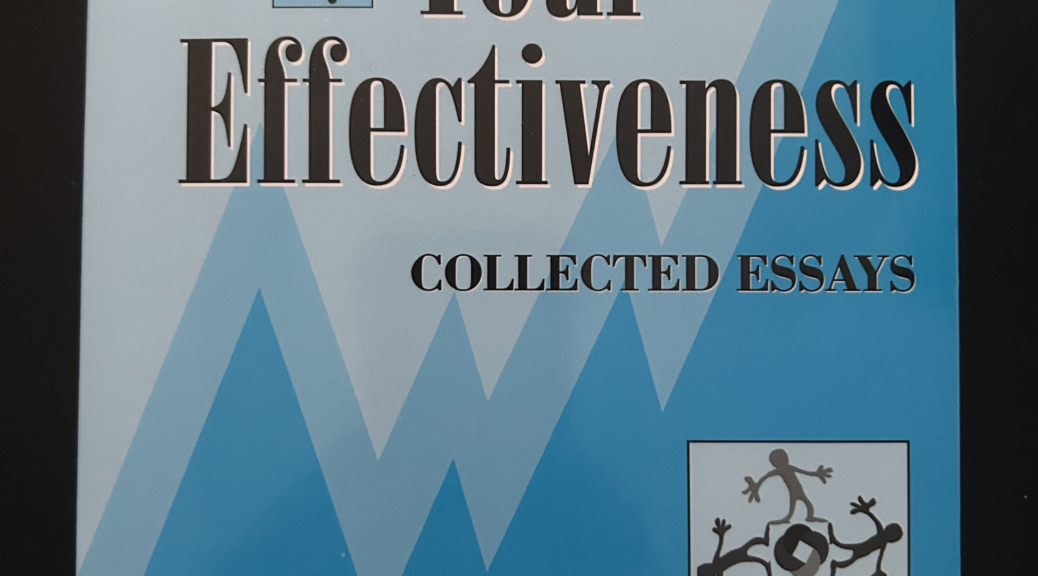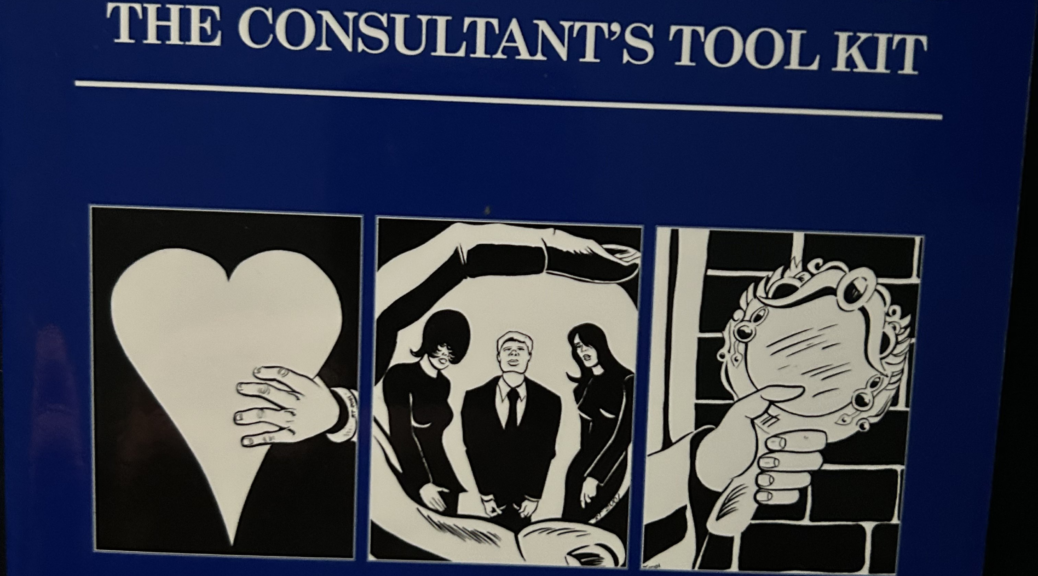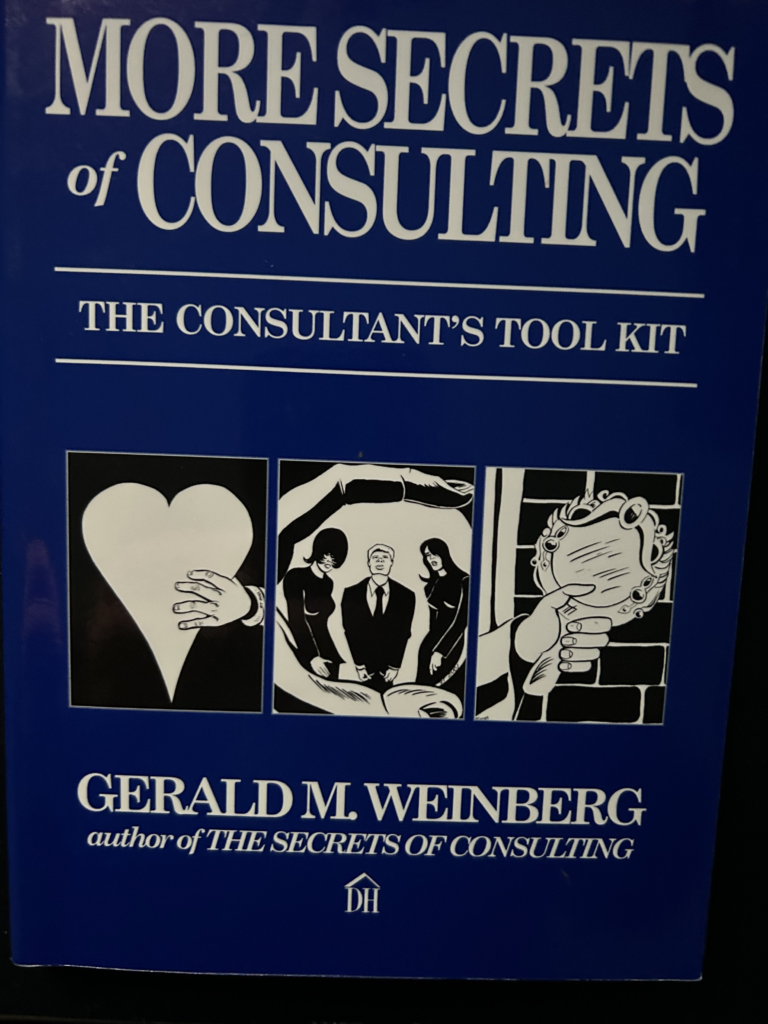Back last year, I started a reflection on whether Agile might be dead, undead, or still alive and thriving. Ever since I saw my blog entry series popping up in Jurgen Appelo’s collection of blog entries on the topic, I was reminded that I still lack a wrap-up of my thoughts, after having gone through them. Let’s start this year with a reflection on my reflections.
Other entries in this series:
- “Agile is dead” – and I thought, I had that conversation…
- Agile is dead
- Agile is undead
- Agile is alive
P.S.: On a personal note, 10 out of 45 colleagues at it-agile have been informed last week, that their employment contract will end this year. That will include myself as well. You can see the more general announcement (in German) on LinkedIn. That said, if you’re looking for someone with my skills, talents, or know anyone that I might be a good fit for, I’d appreciate if you reach out to me, or gave me a hint in another fashion. Thank you in advance.
Continue reading Dead, undead, or alive – which is it now?




